The GUIDE to successful weight gain: Diet & Training! 🥗🏋️♂️
If your goal is to know how to gain mass, if you're wondering about the best way to adapt your diet and training, look no further. You're exactly where you need to be!
In this article, we'll detail the fundamentals of a diet targeted at mass gain, the best exercises and strategies to deploy to optimize your results 💪
Here's what we're going to talk about:
-
The fundamentals of a diet geared to weight gain.
-
The best foods to include in your routine + sample meals.
- Adapt your training program.
-
Exercises you absolutely must include in your routine.
-
The importance of recovery and hydration to optimize your results.
The basics of a weight-boosting diet
There are two essential conditions for building muscle:
1 - Stimulate muscle growth through appropriate training.
2 - Provide the body with the essential nutrients it needs.
Achieving a positive energy balance is fundamental to gaining weight. This means consuming more calories than you burn. Insufficient consumption, despite intensive training, makes it impossible to build muscle.
You therefore need to increase your daily calorie intake, taking into account your basal metabolic rate, your level of physical activity, and your mass gain objective.
Here's a formula to calculate the number of calories you'll need each day to gain weight:
| Men | 10 x weight (kg) + 6.25 x height (cm) - 5 x age (year) + 5 |
| Women | 10 x weight (kg) + 6.25 x height (cm) - 5 x age (year) + 161 |
Example: 10 x 83 + 6.25 = 184 - 5 x 28 + 5 = 1845 calories.
This figure must be multiplied by :
- 1.15 → if little or no exercise during the week
- 1.25 → if 1 to 3 hours per week
- 1.40 → if 4 to 6 hours per week
- 1.55 → if + 6h per week.
Taking the example of 4 hours of sport per week, this would mean : 1845 x 1.4 = 2583 calories per day.
For weight gain, you need to add 10% to this result, i.e. 2583 x 10% = 2840 calories/day.
What to eat during weight gain?

To promote mass gain, you need to focus on foods rich in high-quality proteins, carbohydrates and lipids.
We advise you to choose foods such as :
- Lean meats(chicken, turkey, veal, etc.)
- Oily fish(salmon, herring, sardines, etc.)
- Dairy products(cheese, yoghurt, milk, etc.)
- Wholegrain cereals(rice, quinoa, oats, etc.)
- Legumes(soy, lentils, beans, etc.)
- Dried fruit(almonds, walnuts, raisins, etc.)
- Fresh fruit and vegetables(bananas, apples, spinach, broccoli, etc.).
Example of a meal/feed during weight gain.
For effective mass gain, it's crucial to eat nutrient-rich meals and snacks. Here's a daily suggestion:
- Rich breakfast: eggs, oatmeal, cottage cheese or protein smoothie.
- Mid-morning snack: whey shaker, banana or dried fruit.
- Balanced breakfast: a source of protein, starch, vegetables and quality fats, such as chicken, rice or green beans.
- Pre-workout snack (approx. 1 hour before): fruit, almonds or energy bar.
- Post-workout snack: whey shaker or fruit juice (e.g. grape juice → rich in antioxidants).
- Dinner: a source of slowly assimilated protein, such as fish or red meat.
Designing the right training program for weight gain
To optimize mass gain, eating more and lifting heavy are not enough. It's crucial to follow a training program specifically adapted to your level, body type and goals.
A good training program should incorporate the principles of hypertrophy, offer a variety of exercises and ensure regular progression.
The principles of hypertrophy training
Hypertrophy training aims to increase muscle volume. The following conditions must be met:
-
Intensity: The percentage of your maximum load lifted. For hypertrophy, we recommend working between 70 and 80% of your 1RM (maximum repetition), i.e. around 8 to 12 repetitions per set.
-
Volume: For hypertrophy, perform 3 to 4 sets per exercise.
-
Frequency: Ideally, each muscle group should be trained at least 2 times a week to maximize progress.
- Rest: Essential for recovery between sets and sessions. A rest of 60 to 90 seconds is recommended between sets. Allow at least 48 hours' rest for the same muscle group between sessions, to allow fibers to regenerate.
The best exercises for weight gain
Here's a list of the best polyarticular exercises to do to build muscle:
- Squat: Quadriceps, glutes, hamstrings.
- Lunges: Quadriceps & Buttocks.
- Deadlift: Back, Quadriceps, Hamstrings
- Bench press: Pectorals & Triceps
- Pumps: Shoulders, Triceps, Chest
- Pull-ups: Large Dorsals, Deltoids, Trapezius
- Dips: Shoulders, Triceps, Chest
Combined diet/training strategy to maximize mass gain
It's essential toadjust your diet according to the time and type of training to maximize the benefits for mass gain. There are 3 key times when nutrition is essential: before, during and after training.
Before training: you can opt for a light snack, such as a banana or energy bar, 30 to 60 minutes beforehand.
During training: hydrate regularly with water to maintain performance and avoid dehydration. For sessions lasting more than 90 minutes, a source of fast carbohydrates, such as gel or fruit paste, may be necessary.
After training: eat a meal rich in carbohydrates and protein within 30 to 60 minutes to facilitate protein synthesis and muscle repair. Staying hydrated with at least 500 ml of water is also important. In the event of a late meal, a quick snack such as a protein shaker is a good idea.
Food supplements: which ones can really help?

Dietary supplements can boost performance, recovery or mass gain. Here are some useful supplements for mass gain:
-
Protein powders: ideal for supplementing protein intake, especially post-workout. Whey is particularly suitable for rapid absorption after exercise.
-
Gainers: designed to increase calorie intake, useful for those struggling to gain weight. To be taken as a supplement, not as a meal replacement.
-
Creatine: a daily supplement to boost strength, power, muscle volume and recovery.
- Caffeine/pre-workout: for a dose of motivation and performance before training. Use with caution, especially for sensitive individuals.
We invite you to find out all you can about them before consuming them.
Recovery management: Hydration & Sleep
The importance of adequate hydration and quality sleep cannot be underestimated. 7 to 8 hours' sleep a night promotes muscle regeneration and optimizes performance.
We recommend drinking between 1.5 and 3 liters of water a day!
Conclusion
You are now equipped to succeed in your weight gain 💪
Now is the time to take action and integrate these tips into your daily life. Weight gain is a journey that takes time, patience and perseverance. If you don't see immediate results, don't be discouraged.
More than anything, find pleasure in your training and nutrition 😃
If you're looking for high-quality equipment for training at home or outdoors, you'll find what you're looking for in our sports store.
Good weight gain!
Eric Flag.

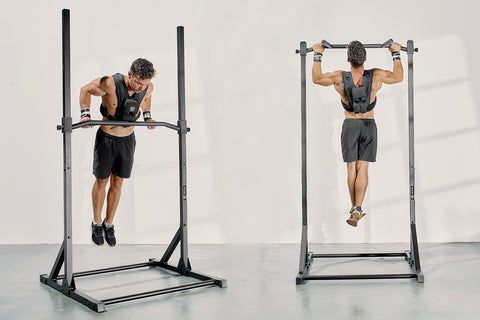
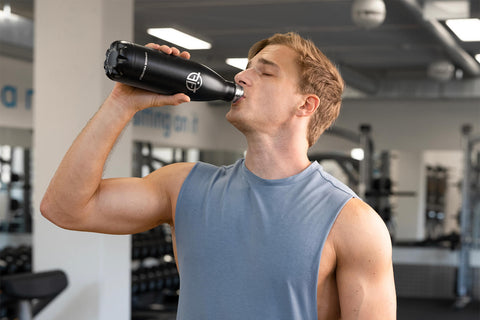
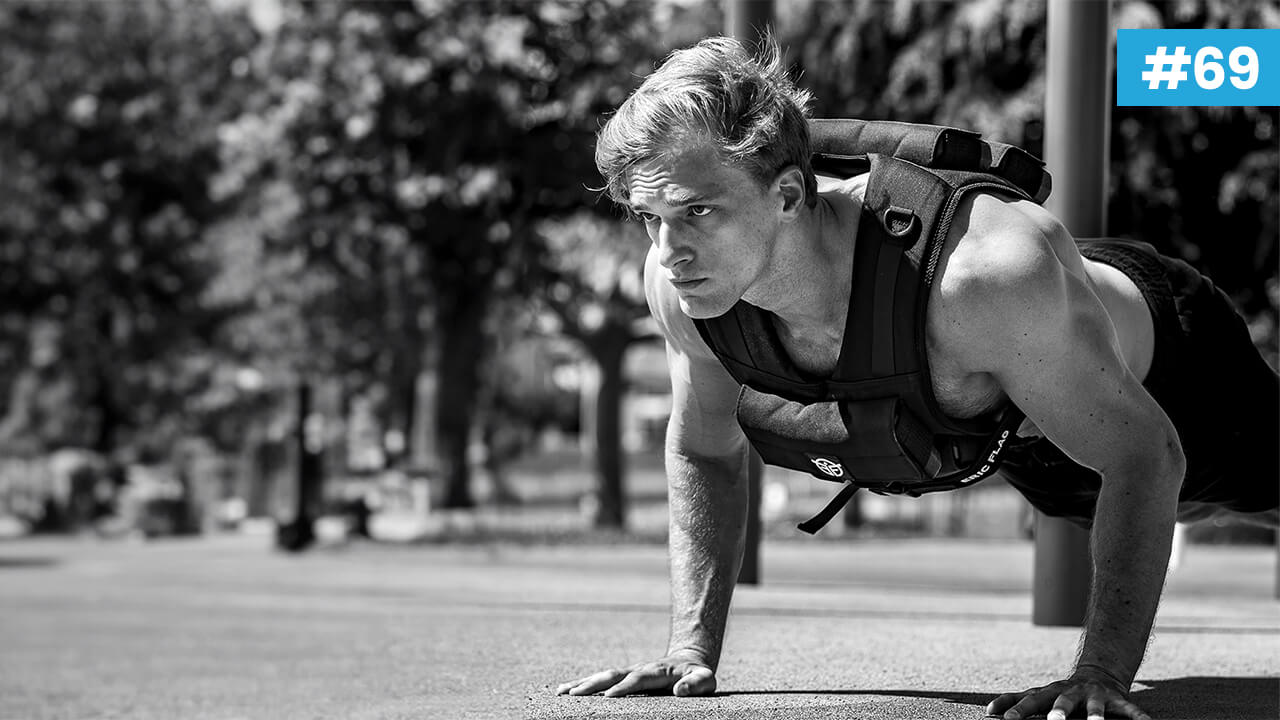
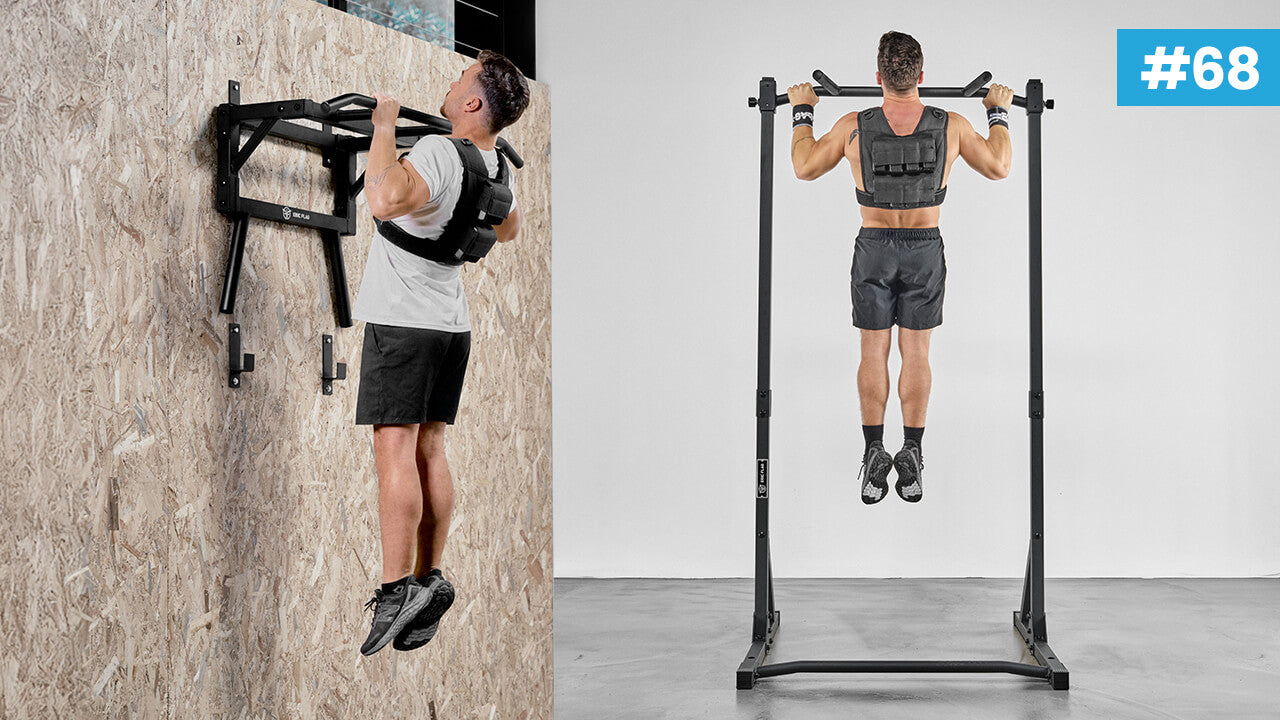
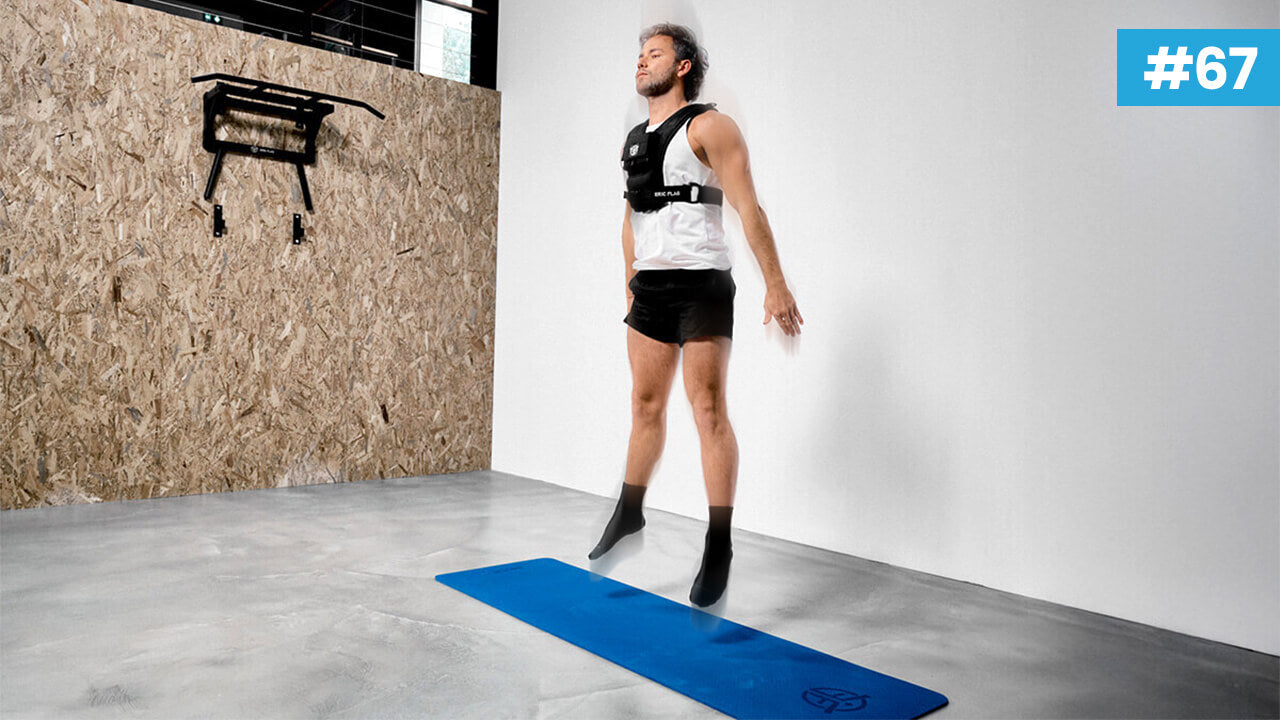

10 comentarios
Gracias por sus consejos gratis me es de suma importancia ya que soy adulto mayor quiero sumar no restar
Yolanda
Thank you for the valuable advice and all your free content...... Whether article or podcast
Benjamin
I'm such a fan, it makes me want to supplement my boxing with dietary advice. Thanks Eric. Bonne continuation.
Dewavrin
Very complete and interesting article!
Now all we have to do is get to work!
Cédric
Thanks for all the good advice.
Now it's just a matter of getting down to business.
Christophe
Thanks for the article! I need to put on some weight, it will come in handy!
Magnée Elliot
Very interesting, super comprehensive article!
Oscar
Thank you for your valuable advice
Loïc FERNOUX
Simple and precise, thank you Eric and the Flag team for all your hard work 👌
Now all we have to do is get to work
Simon BELLEC
I love you Eric
Alistair
Dejar un comentario
Este sitio está protegido por hCaptcha y se aplican la Política de privacidad de hCaptcha y los Términos del servicio.